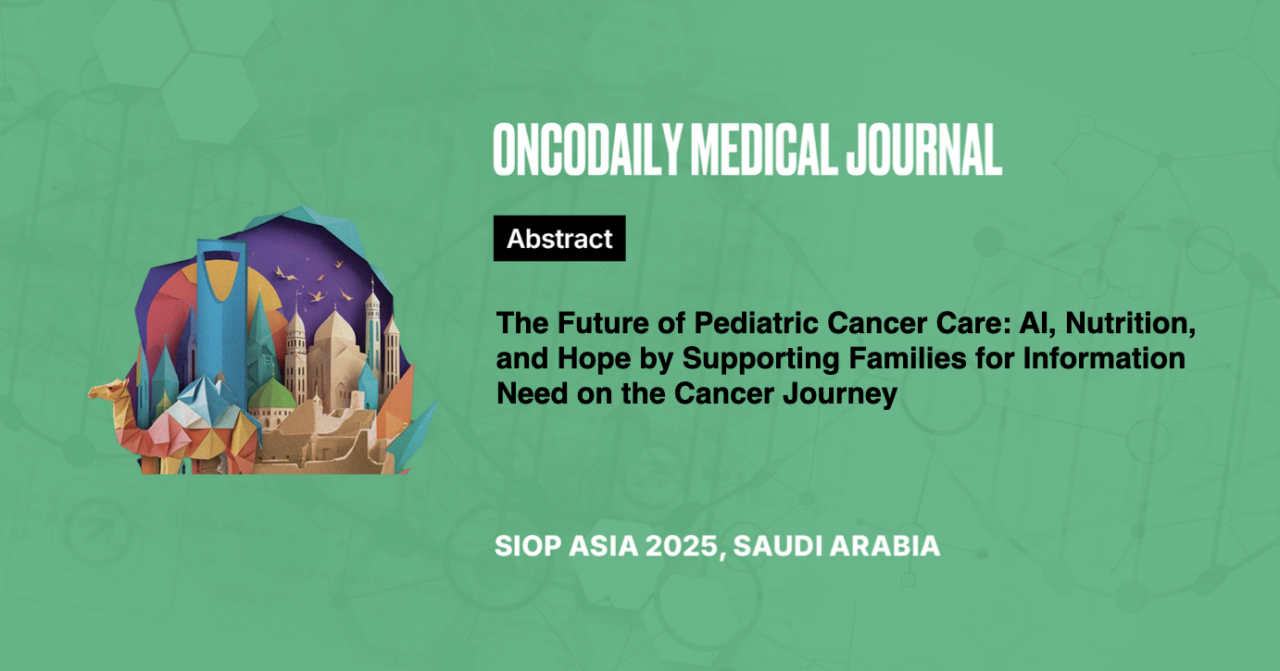The Future of Pediatric Cancer Care: AI, Nutrition, and Hope by Supporting Families for Information Need on the Cancer Journey
Abstract
Introduction: Nutrition services are essential in pediatric oncology. Parents of children with cancer should be fully supported in their pursuit of information on diet and nutrition for their children. Artificial intelligence (AI) is engineered to emulate tasks that have historically required human interaction and intellect. Although AI models like ChatGPT-4 have demonstrated satisfactory performance on medical licensing exams, suggesting a potential for supporting families by providing on-demand, 24/7 information support beyond nutrition clinics through Retrieval Augmented Regeneration (RAG) has not been evaluated.
Methodology: Multilingual AI-Agent was created on prototyping servers using agentic augmentation based on RAG combined with a non-customized large language model (LLM) Gemini 1.0-Pro to answer parental queries on pediatric cancer nutrition. Front-end of the AI-Agent was then made available via a URL. Upon interaction with a parental nutritional inquiry, RAG would access a vast, curated database of evidence-based nutritional guidelines, and institutional-specific expert recommendations specifically for children with cancer for the most relevant and up-to-date information.
The LLM with its advanced language understanding and generation capabilities, would then process the retrieved information and synthesize it into a clear, concise, and accurate answer tailored to the parent’s specific query. Two human evaluators utilized a matrix of six benchmark questions to evaluate the AI Agent’s responses via iterative testing and refinement.
Results: Average final score after three iterations for Accuracy (Factual Accuracy and Relevance) was 100%, Comprehensiveness (Completeness, Depth) 96%, Coherence (Logical Flow, Readability) 98%, User Experience (Conversationality, Personalization and User Friendliness) 98%, Performance (Response Time, Scalability, Robustness) 96% and RAG Specific (Retrieval Effectiveness, Generation Quality) 100%.
Conclusion: By combining RAG with non-customized LLM, a powerful AI-agent can be an accurate liaison to empower parents with reliable and accessible information about pediatric cancer nutrition, ultimately improving the quality of care for children battling this disease.





